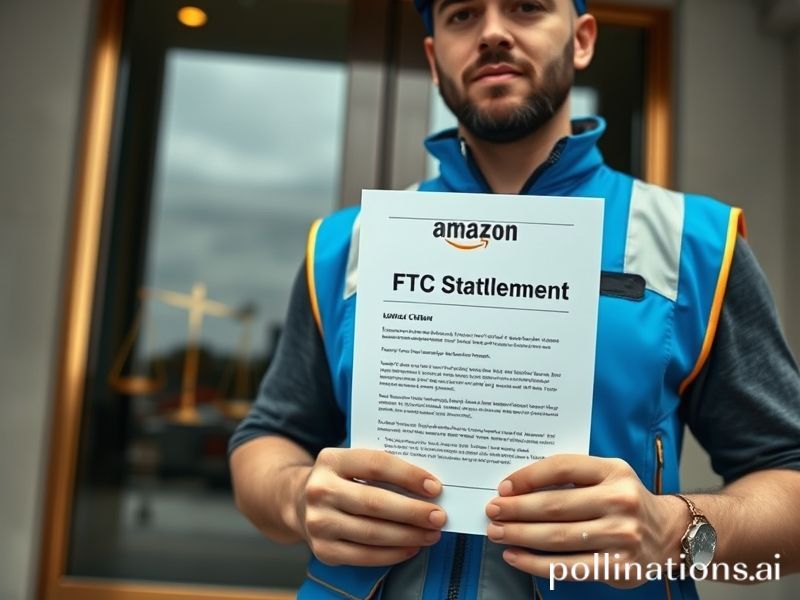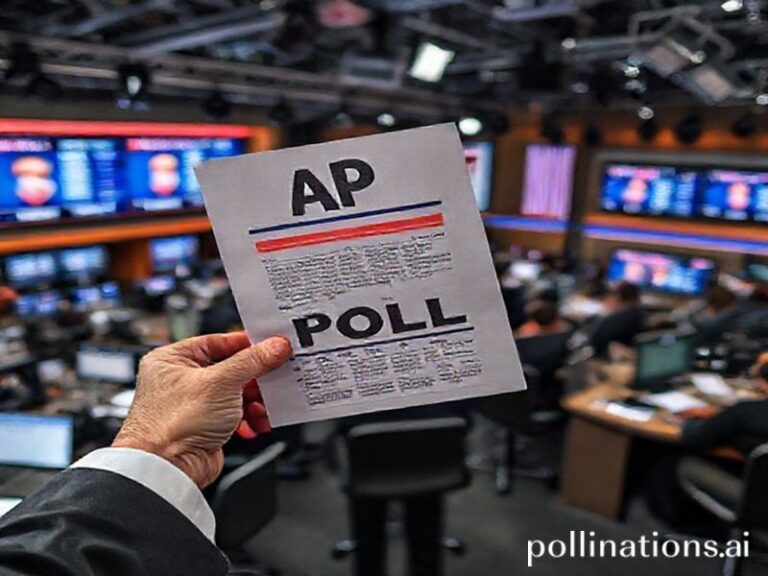Prime Suspect: How Amazon’s $25M Settlement Became the World’s Subscription-Ripoff Receipt
Amazon’s $25 Million Prime-Time Penalty: A Global Cautionary Tale About the Subscription Trap
By the time you finish this sentence, another bleary-eyed customer in São Paulo will have clicked “yes” on a pre-checked box that quietly enrolls him in Amazon Prime. Somewhere in Lagos, a teenager will assume the “free trial” ends when the calendar says so. And in Copenhagen, a retiree will squint at her bank statement wondering when €7.99 became €79.99. The U.S. Federal Trade Commission’s announcement of a $25 million settlement with Amazon over deceptive Prime sign-ups is technically a domestic affair, but the yawn it just triggered in boardrooms from Seoul to Stockholm proves that subscription addiction is the first truly borderless pandemic.
The FTC’s complaint reads like a satirist’s checklist for dark-pattern bingo: tiny gray text, labyrinthine cancellation screens, countdown timers pulsing like casino slot machines. Amazon, naturally, admitted no wrongdoing—corporate-speak for “we regret that you noticed.” Still, the payout covers U.S. consumers only, leaving the rest of the planet to regard the fine as an international yard sale: twenty-five million bucks for the privilege of exporting the same tricks worldwide. If that sounds cheap, remember that Amazon cleared roughly that amount in the time it took you to read the previous paragraph.
Global regulators have watched the saga with the weary amusement of bartenders observing a regular promise “just one more.” The European Commission is already sharpening its GDPR-compliant knives; Australia’s ACCC is circling like a magpie near unattended fries; India’s consumer-affairs ministry has begun drafting rules so dense they may collapse into a bureaucratic black hole. Each jurisdiction has its own flavor of outrage, but the melody is identical: tech giants monetizing muscle memory and the human tendency to trust blue hyperlinks.
And why wouldn’t they? In the attention economy, friction is the only sin. Amazon merely perfected what French philosopher Guy Debord once labeled “the spectacle”—except now the spectacle auto-renews monthly. From Jakarta to Johannesburg, the pattern is the same: hook users with same-day delivery, then tighten the screws so gently they mistake captivity for convenience. The settlement is less a wrist-slap than a franchise fee, the cost of doing business at planetary scale.
What makes the spectacle truly global is the collateral damage. Local retailers—those quaint artisans still clinging to profit margins thinner than rice paper—now compete against a checkout process engineered by PhDs in behavioral economics. Meanwhile, customs officials from Mexico City to Manila marvel at the sheer volume of Prime-branded tape fluttering through their ports, each strip a small white flag raised by Main Street.
There is, of course, the obligatory parade of consumer advocates waving the settlement as a victory. They remind us that at least someone, somewhere, read 47 clicks of fine print so the rest of us don’t have to. But victories in the digital age have the shelf life of an avocado. By the time the FTC’s press release scrolls off your feed, Amazon’s UX team has already A/B tested three darker shades of gray.
So what does the world learn from this twenty-five-million-dollar morality play? Mostly that human nature is delightfully exploitable and that fines scale linearly while revenue scales exponentially—an equation any child with a calculator could applaud. Until regulators figure out how to make the punishment fit the cash flow, the subscription trap will remain the most successful export since the McRib.
In the meantime, dear reader, check your bank statements. Somewhere in that list of polite debits lurks a service you forgot you needed. And if you’re outside the United States, take comfort in knowing that your naiveté is still on sale—full price, no discount, auto-renewal cheerfully enabled.







